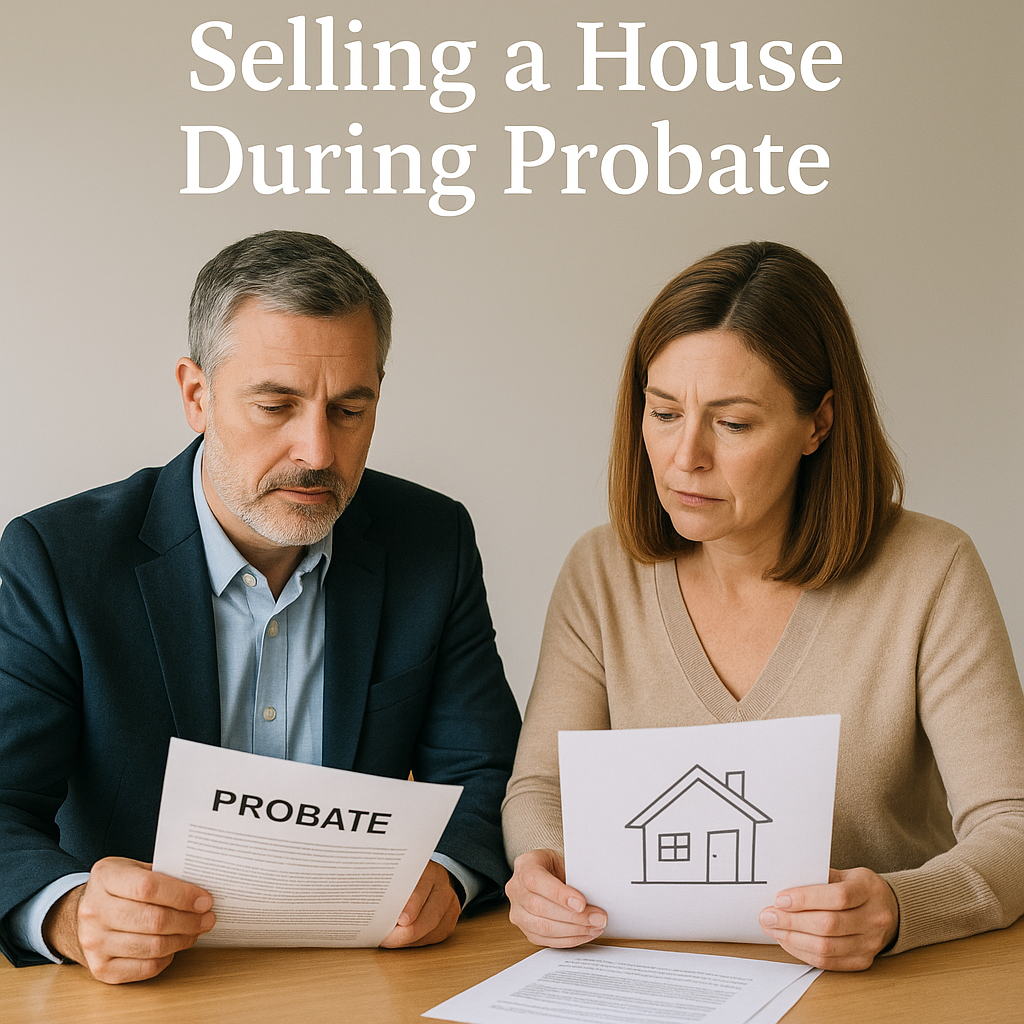Inheriting a house can be a mixed experience—especially if it’s tied up in probate. Between legal procedures, emotional decisions, and family discussions, selling a house in probate can feel overwhelming. If you're navigating this process in Chattanooga, here’s a comprehensive guide to help you understand the steps involved and how to make the process as smooth as possible.
📜 1. Understand What Probate Is
Probate is the court-supervised legal process that validates a will (if one exists), settles any debts, and ensures proper distribution of assets, including real estate. If the deceased person owned the home solely in their name, the property will likely have to go through probate before it can be sold. This protects creditors and ensures rightful heirs receive their share.
Even in cases where a will exists, the court still plays a role in overseeing the transfer of assets. If there’s no will, the state of Tennessee determines how the estate is distributed, which can further complicate things.
🏛️ 2. You’ll Need Court Approval
Before listing the home or accepting any offers, the probate court must authorize the sale. This typically involves the executor or administrator obtaining either:
- Letters Testamentary – if there’s a valid will.
- Letters of Administration – if there’s no will.
These documents grant legal authority to manage and sell the estate's property. Without them, even interested buyers won’t be able to move forward with closing.
📏 3. The Property Must Be Appraised
An official appraisal is often required to establish the fair market value of the home. This ensures transparency and fairness, especially when multiple heirs are involved or if the sale needs court approval. A certified appraisal provides a benchmark for pricing and may be requested by the court during the approval process.
⏳ 4. Selling Can Take Time
Unlike a regular home sale, a probate sale includes additional steps and legal oversight, which often leads to delays. From waiting for court dates and legal documentation to coordinating with heirs and attorneys, the process can take several months—or longer.
Patience and professional guidance go a long way. Hiring a probate attorney and working with a real estate professional experienced in probate properties can prevent mistakes and reduce delays.
🛠️ 5. You Can Still Sell As-Is
Here’s some good news: even though the property is in probate, you don’t have to renovate it. You can sell it in its current condition. This is especially helpful if the home is outdated or needs repairs.
In Chattanooga, companies like Trusty House Buyers specialize in purchasing probate properties as-is. That means no out-of-pocket repairs, no deep cleaning, and no showings. This can save you time, stress, and money during an already difficult time.
💡 Bonus Tip: Consider a Cash Sale to Speed Things Up
Selling to a local cash buyer can significantly speed up the process. Cash buyers don’t rely on mortgage approvals or inspections, which are common causes of delays. Many are familiar with probate procedures and can work directly with your attorney or the court.
This route can be especially beneficial if heirs live out of town, if the property is in poor condition, or if the estate needs to be settled quickly.
📌 FAQs About Selling a Probate Property in Chattanooga
Q: Can I sell a house in probate without a will?
Yes. The court will appoint an administrator to oversee the estate, and the sale can proceed with court approval.
Q: Can multiple heirs agree to sell the house?
Yes, but all heirs must sign off on the sale, and disputes can delay the process. Clear communication and legal support are crucial.
Q: What if there’s a mortgage on the home?
The mortgage will need to be paid off at closing, either through the sale proceeds or other estate assets.

